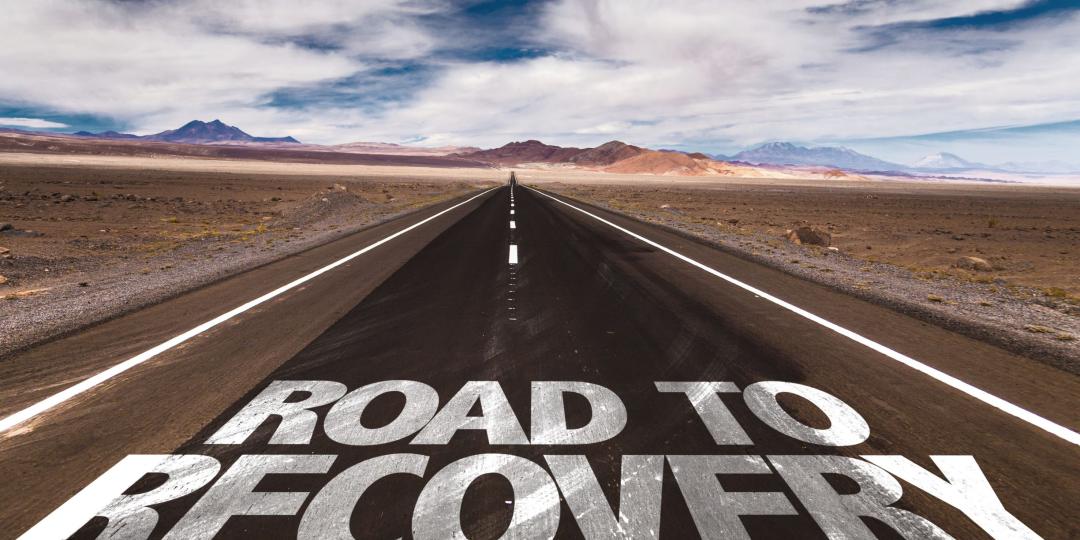Tourism stakeholders should prioritise strong private-public partnerships and speak with a unified voice if South Africa is going to reignite the economy.
This is according to #IAmTourism lobby spokesperson, Thembi Kunene-Msimang. “We’ve taken the first step by announcing a date for the reopening of South African borders, thus providing some confidence to our international customers and airlines. But beyond our reopening as an international tourism destination is the need for political support at the highest level of Government so that tourism-friendly policies can be enacted and market failures that affect tourism be addressed.”
Kunene-Msimang emphasised five key enablers that have been highlighted by the Tourism Business Council of South Africa, some of which are reiterated in the National Department of Tourism’s Recovery Strategy:
- Air access
As a catalyst for Tourism, South Africa is in need of an immediate national initiative to drive route take-up. The example of Cape Town Air Access (CTAA) has shown the success of stakeholders collaborating in air route development. With a relatively small budget, CTAA has from 2015-2019 brought in 10 new airlines, 15 new routes and 20 route expansions.
The Department of Tourism’s Recovery Strategy does provide for the formation of a national air access unit responsible for countrywide route support and development, as well as the implementation of a comprehensive air service development programme.
- Health and hygiene safety protocols
The continued widespread adoption of the health and hygiene safety protocols is critical. Protocols were created collaboratively by the tourism sector through the TBCSA and endorsed by the World Travel and Tourism Council.
Medical experts confirm that if these protocols are adhered to, South Africa should be able to manage the risks posed by COVID-positive travellers, as well as those situations where travellers can be infected within South Africa’s borders. Much of South Africa is already in this position – with all open businesses subject to health protocols.
- Favourable visa regime
Temporary visa waivers should be introduced and a comprehensive visa waiver review is necessary to consider how visa waivers can enable tourism while still supporting national security.
Additionally, an established e-visa is required, preferably by January 2021 at the latest. We have to have a world-class fully automated e-visa, or risk falling further behind our competitors.
The National Department of Tourism has highlighted the need to remove barriers to travel and enable freer entry. “Frictionless visa and immigration processes and policies will need to form part of an improved destination value proposition post-crisis,” it said.
It further acknowledged that the piloting and roll-out of the proposed e-visa system to simplify the visa and entry process were important.
- Tourism safety and security
To ensure tourists feel confident in their safety in South Africa we need significantly more visible policing in all tourist hotspots.
According to the Department of Tourism’s Recovery Strategy, safety and security are consistently one of the biggest barriers to visitor conversion.
As such, it has recommended intensifying work on tourism safety, using its safety monitors programme and partnership with the police and relevant stakeholders.
- Collaboration – private and public, whole of state
In addition to a private-public partnership between South African Tourism and the private sector to implement effective international destination marketing, we need a whole-of-state approach for tourism to flourish.
South Africa must develop mechanisms to ensure that tourism participates fully in the economic cluster and that its needs are understood in other ministries.
























